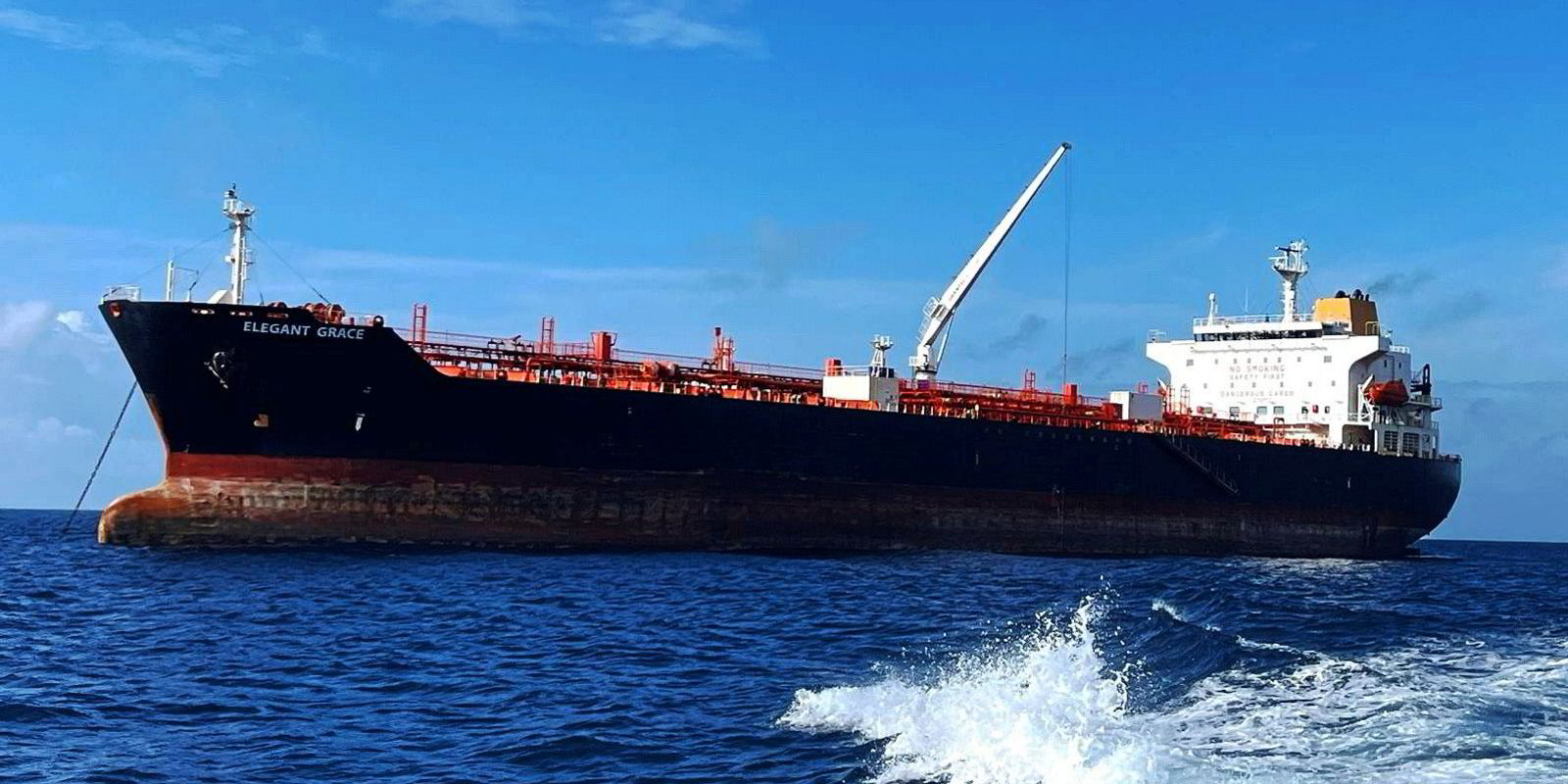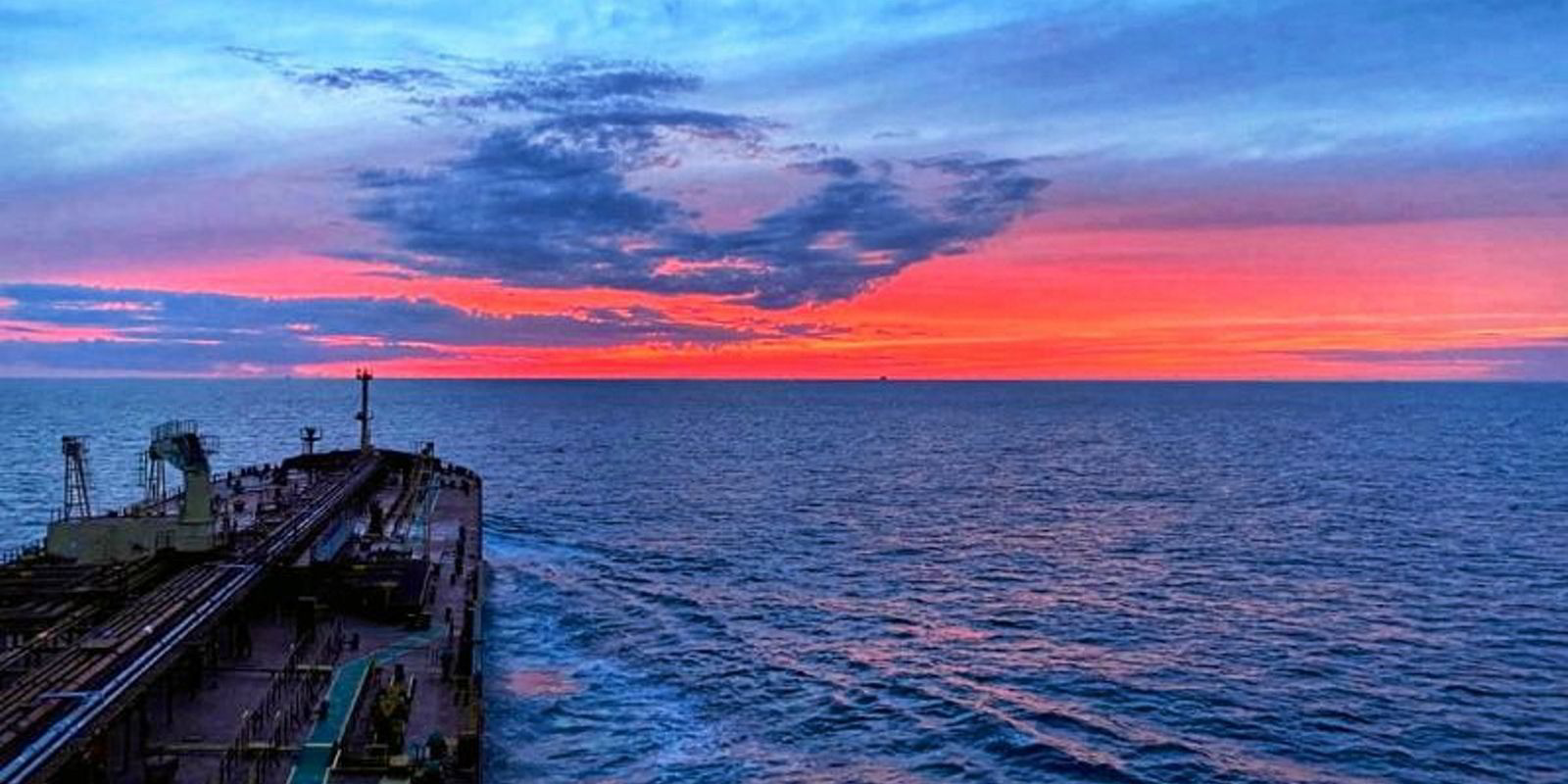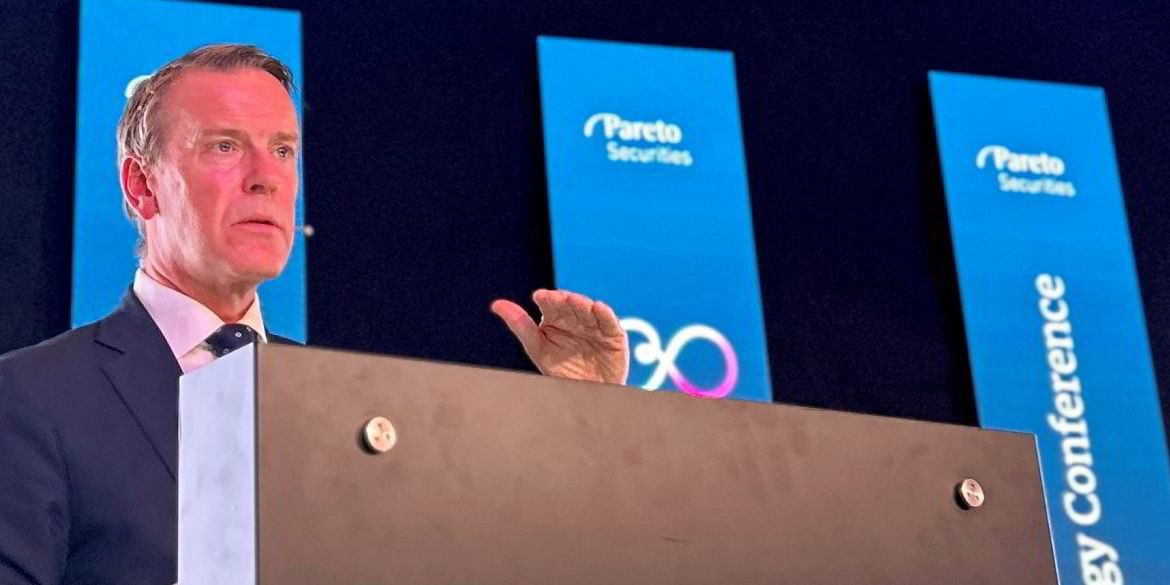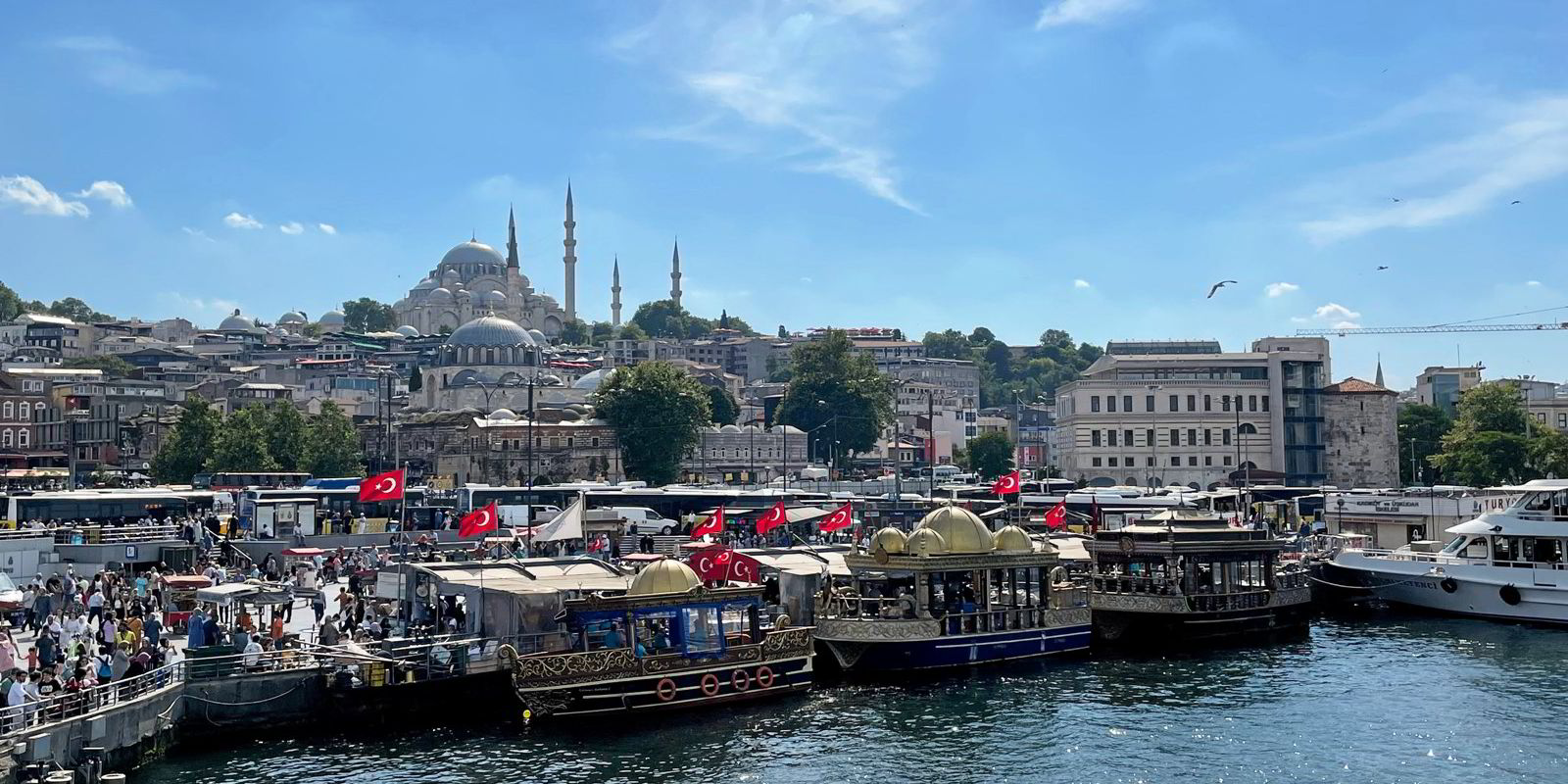Active Denizcilik, a shipping company controlled by Turkish industrialist Ali Umur, is living up to its name with a wave of secondhand tanker acquisitions and the lucrative disposal of a large product tanker.
European brokers are tying the low-profile company to the sale of the 115,400-dwt Fair Seas (built 2008).
Unidentified Chinese interests are said to have picked up the LR2 tanker for $43.5m.
The price is above the $41.5m or $39.5m that VesselsValue and Signal Ocean, respectively, estimate the ship is worth.
Managers at Active did not respond to a request for comment.
However, given soaring tanker values it seems a good time to sell.
Active spent about $68m ordering the ship at STX Offshore & Shipbuilding in South Korea, which delivered it about 15 years ago.
The company has traded the vessel continuously since, with the help of third-party commercial managers.
A sale of the Fair Seas would be in contrast to the pattern of steady acquisitions by Active over the past year.
The company has bought seven tankers and one bulker on the secondhand market over the past 14 months, for an estimated total outlay of about $200m.
Active has been particularly keen on increasing its exposure to midsize product carriers.
Its seven tanker acquisitions include four MR2s and two LR1s built between 2004 and 2009, alongside a single suezmax crude tanker (see table).
Assuming the sale of the Fair Seas is eventually confirmed, Active’s tanker fleet will shrink slightly to 13 MR2s, LR1s, LR2s and suezmaxes.
The company also manages four capesize bulkers. These include the 180,500-dwt Densa Cobra (renamed Bulk Providence, built 2011), which is the only bulker it bought last year.
Active’s acquisition campaign puts it at the forefront of extremely busy tanker buying by Turkish players.
As TradeWinds already reported, Istanbul-based companies such as Beks Ship Management & Trading, the Besiktas Group and Advantage Tankers propelled Turkish tanker buying on the secondhand market to 54 crude and product carriers last year, up from 47 in 2022 and merely 15 in 2021.
It is hard to attribute specific motives to individual companies, as different players buy different ships with different client and employment profiles.
However, a large part of the Turkish-managed fleet’s expansion is certainly due to Western sanctions against Russia.
The Turkish government’s choice to refrain from imposing sanctions on Russia over the war in Ukraine has opened ample trade opportunities for players established in Istanbul or setting up shop there.
Vessel tracker data suggest that half the ships Active bought last year have called at Russian ports in recent months.
Active was set up in 1994 as part of an Ali Umur-led group of companies that focus on the printing and stationery distribution business.
The company initially focused on handysize and handymax bulkers. Having sold its fleet during the giddy shipping market of the early 2000s, it embarked on a newbuilding programme for larger bulkers and tankers in South Korea.







